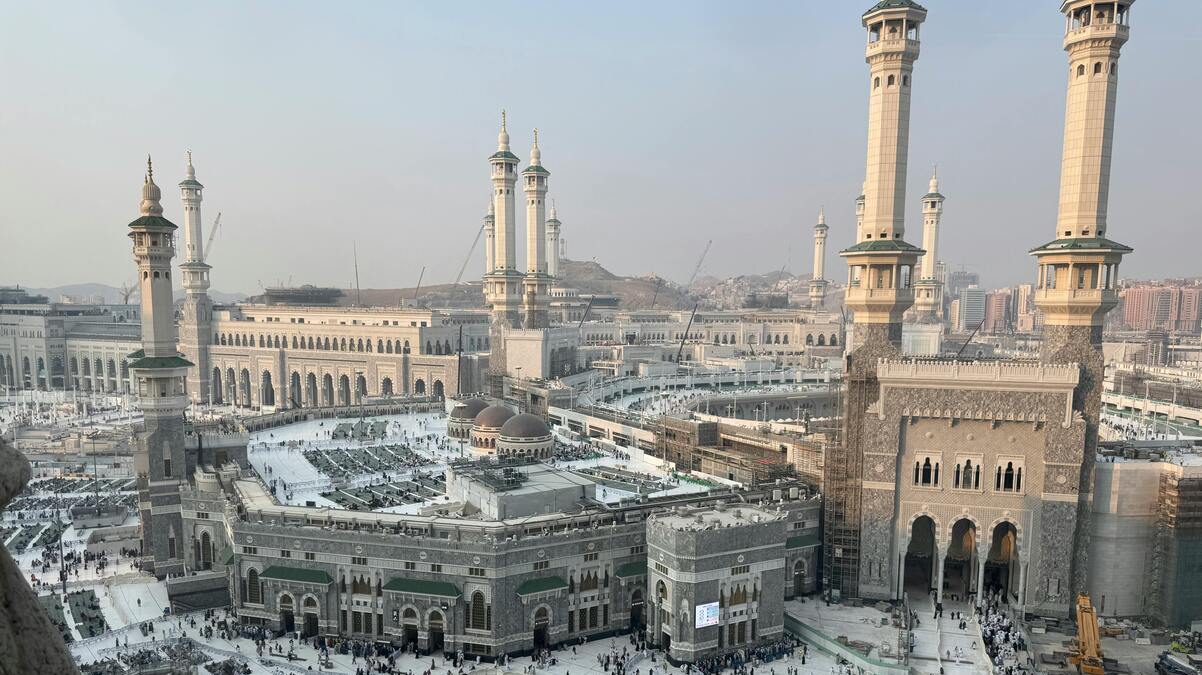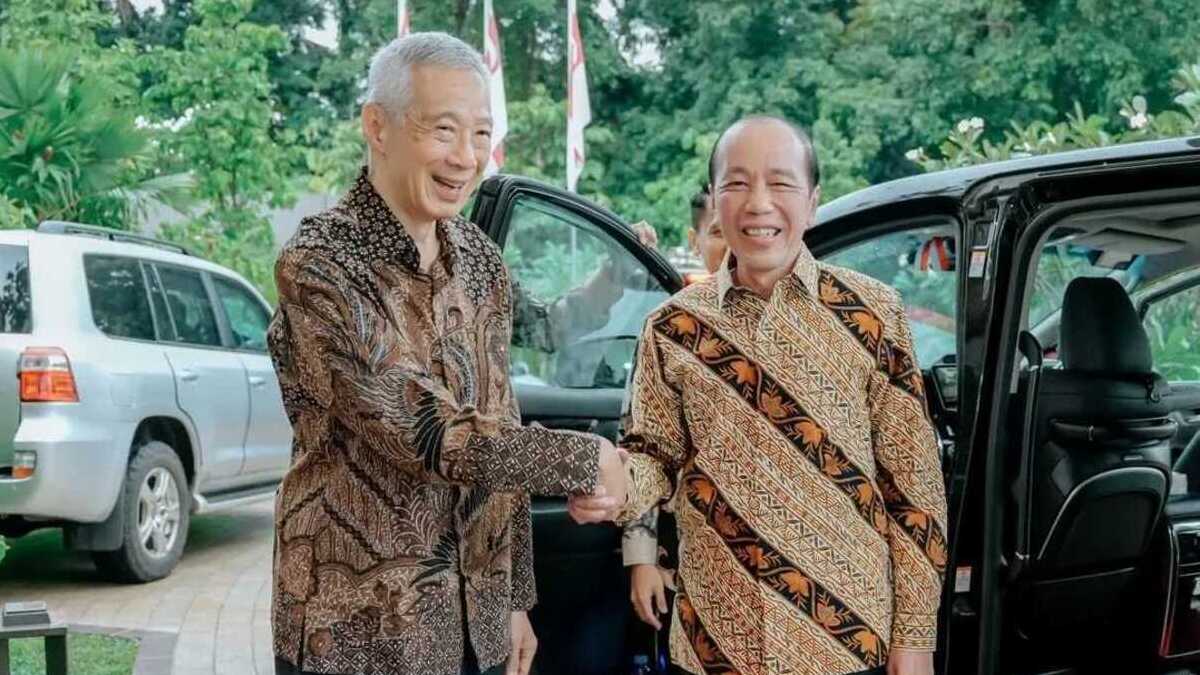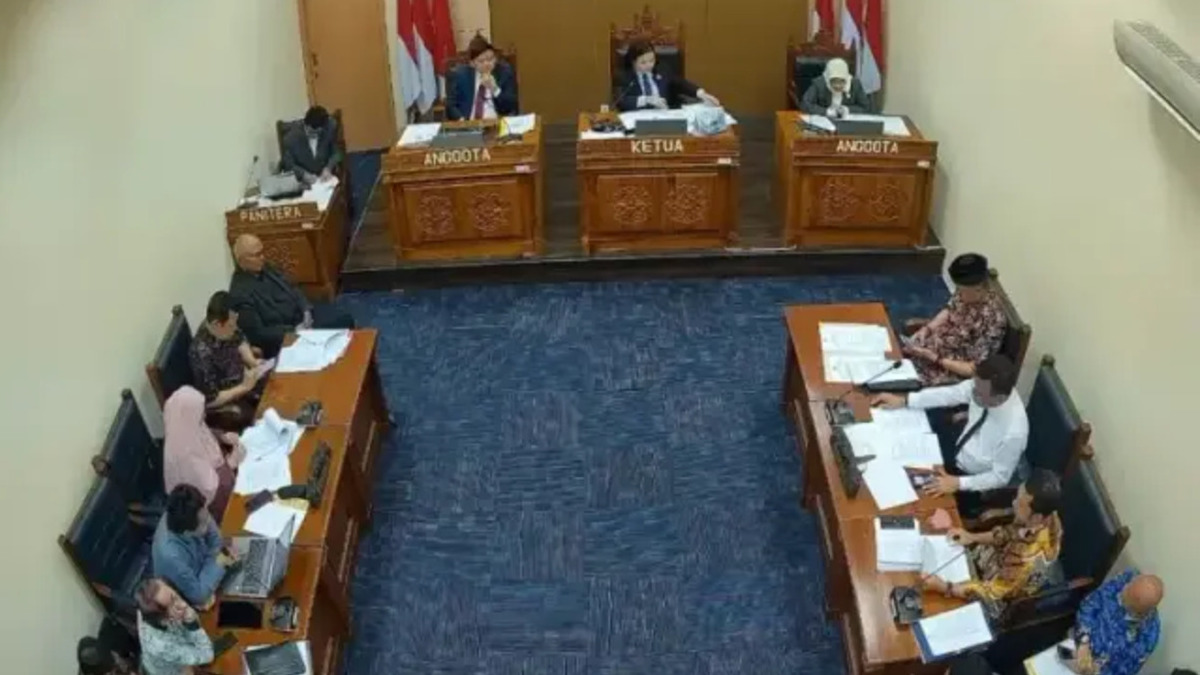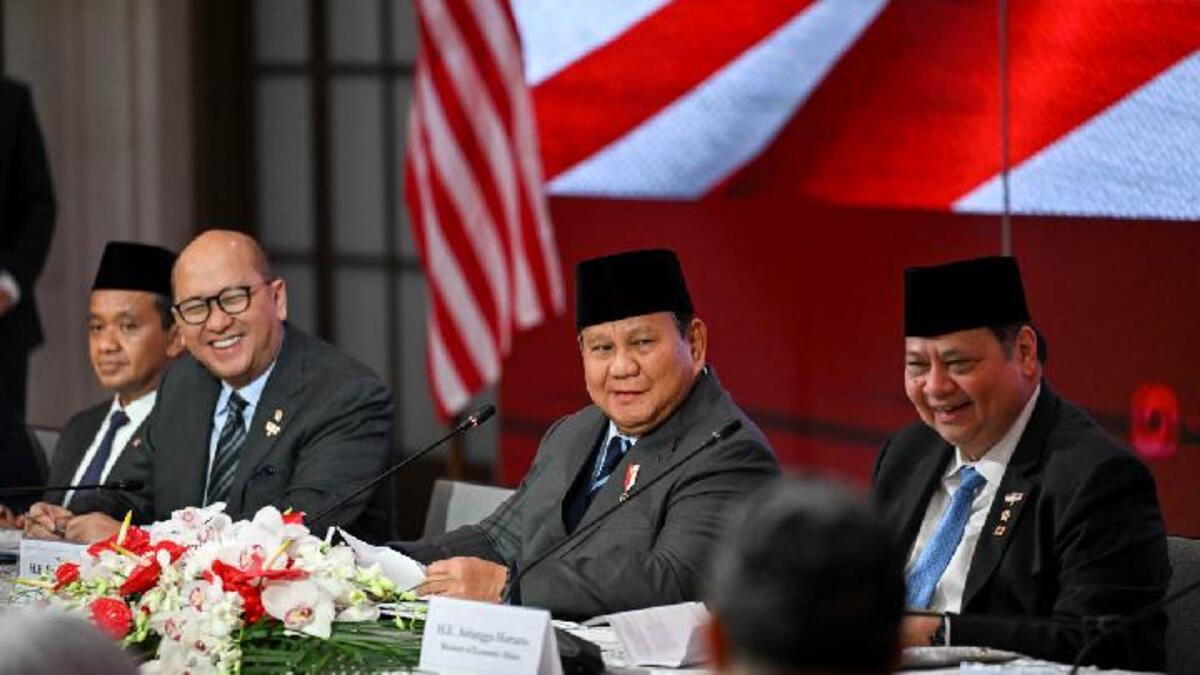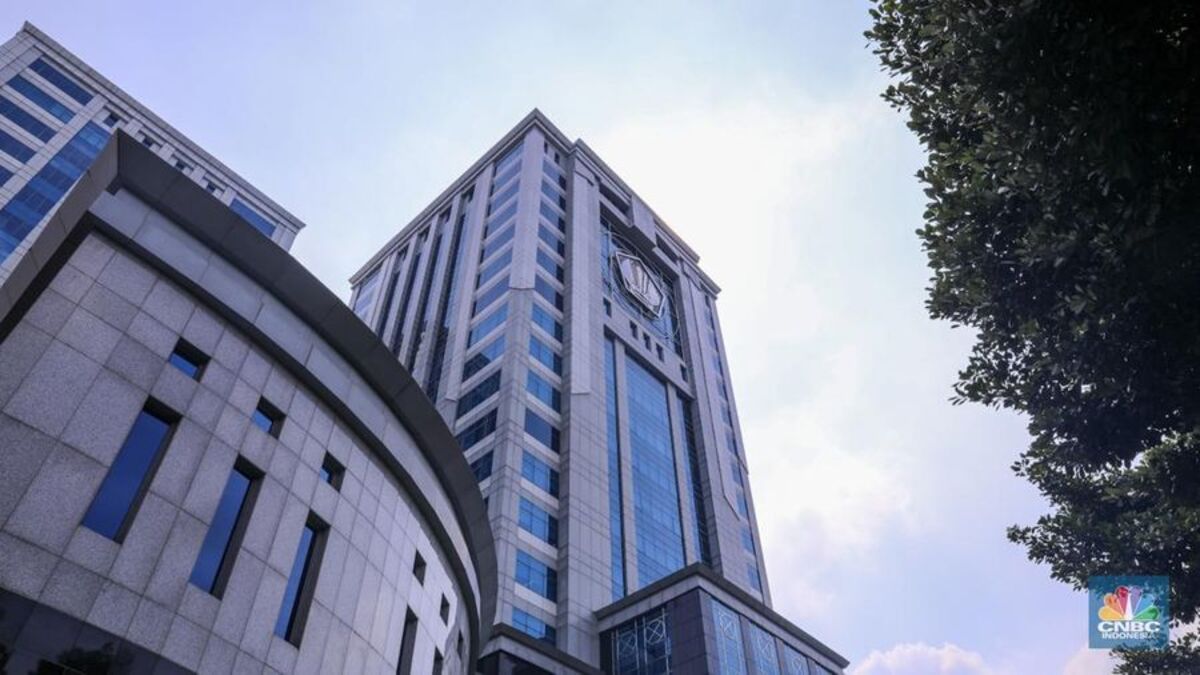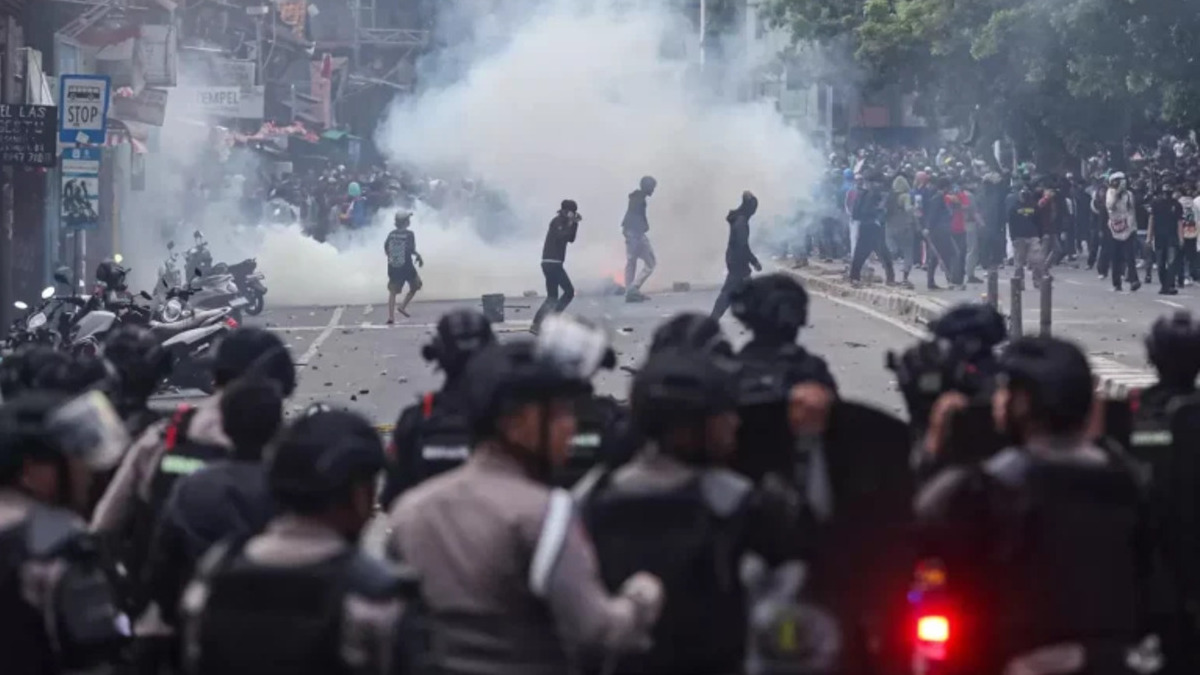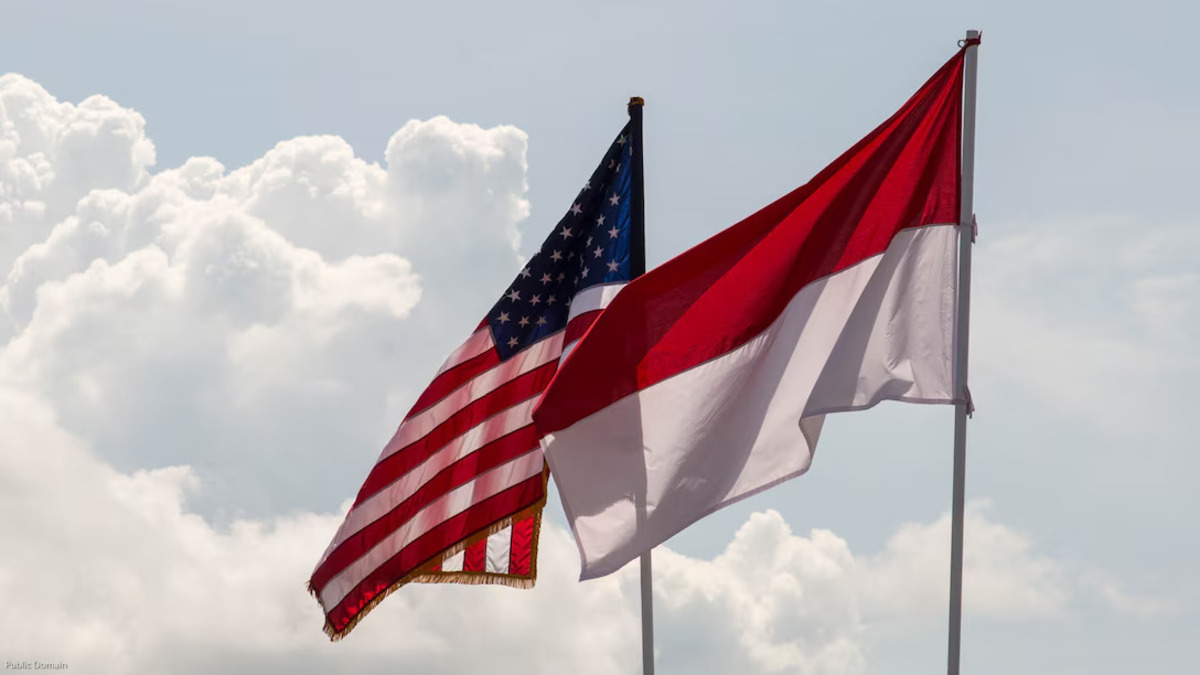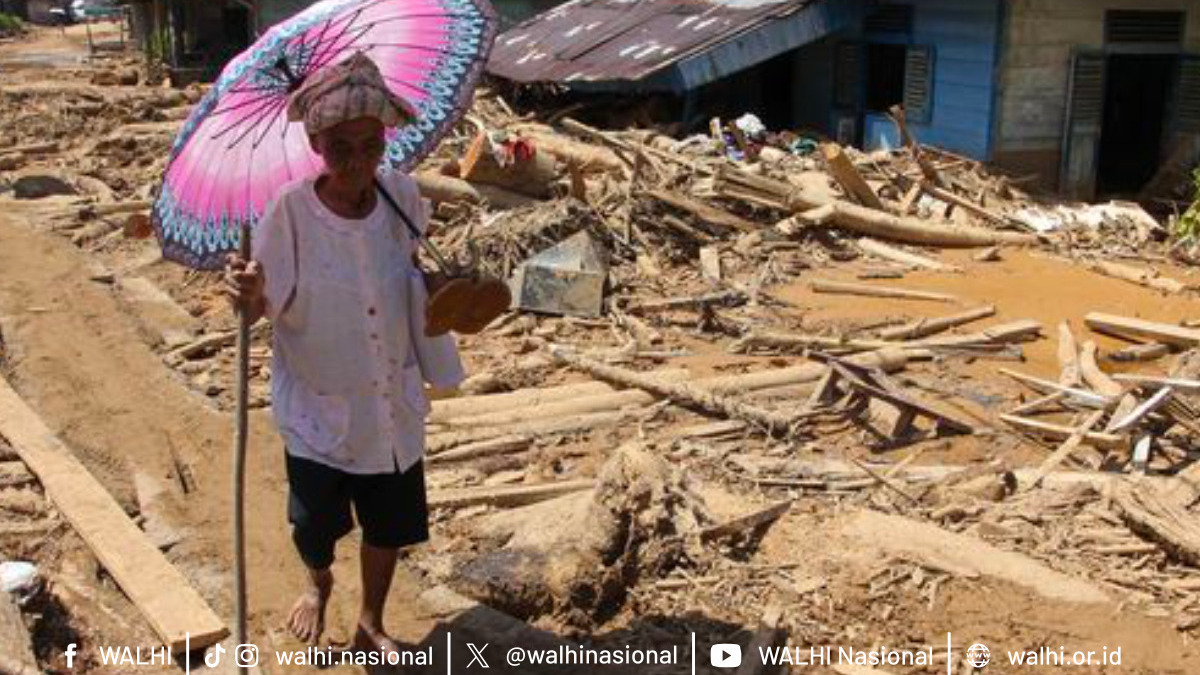Indonesia’s Whoosh rail project under graft probe over suspected land resale fraud
Indonesia’s anti-corruption agency is investigating claims that state land was illegally resold to the government during land acquisition for the Whoosh high-speed rail project, raising fresh questions about transparency and cost overruns.

- The KPK is probing allegations that state-owned land was resold to the state during land acquisition for the Jakarta–Bandung high-speed rail project.
- Transparency International ranks Indonesia 99th out of 180 countries in its 2024 Corruption Perceptions Index.
- Former president Joko Widodo (Jokowi) has defended the project as a long-term public investment amid rising scrutiny.
Indonesia’s flagship Jakarta–Bandung high-speed rail project, known as Whoosh, is under investigation after the Komisi Pemberantasan Korupsi (KPK) uncovered evidence suggesting that land already belonging to the state was fraudulently sold back to the government during the project’s land-acquisition phase.
The allegations centre on a scheme in which certain parcels of state-owned or military-controlled land were transferred through intermediaries to create the appearance of private ownership.
Those parcels were then resold to the government at commercial prices as part of the compensation process for the Whoosh railway corridor.
KPK Deputy Chair Johanis Tanak confirmed that investigators are examining how these land titles were altered and who authorised the transactions.
“We are investigating allegations that state land was purchased using public funds through manipulated ownership documents,” he said in Jakarta last week.
The suspected fraud involves several layers of misconduct.
Investigators are focusing on whether officials in local land offices, the National Land Agency (BPN), or project-acquisition teams deliberately reclassified state property as private land.
Once reclassified, those lands could be valued and compensated at market price, enabling insiders or brokers to profit.
According to preliminary findings cited by local media, the KPK has received reports that dozens of hectares may have been subject to this form of resale.
These lands reportedly included areas near Halim in East Jakarta and Tegalluar in West Java—both key sections of the 142-kilometre rail corridor.
If confirmed, the scheme would amount to a misappropriation of state assets and abuse of authority, both punishable under Indonesia’s anti-corruption law.
The financial losses could reach billions of rupiah depending on the land valuations involved.
A project marred by escalating costs
The Whoosh line was inaugurated in October 2023 as Southeast Asia’s first high-speed railway, linking Jakarta and Bandung. Initially estimated at US$6 billion, its cost rose to more than US$7 billion, driven by delays, pandemic disruptions, and higher-than-expected land-compensation costs.
The land-acquisition phase alone consumed nearly Rp 16 trillion (about US$1 billion), a figure now under renewed scrutiny. If a portion of that spending was based on falsified land ownership, it could significantly inflate the project’s financial losses.
Economists warn that the scandal could also trigger renegotiations of the project’s financial terms, as Indonesia shoulders an increasing share of debt repayment due to cost overruns.
Jokowi defends long-term vision
Former president Joko Widodo, who inaugurated the Whoosh line, has consistently defended the project as essential infrastructure for Indonesia’s long-term growth.
“Public transport must be seen as a social investment, not a commercial one,” Jokowi said during a visit to Bandung in October 2025.
However, the unfolding scandal threatens to overshadow his infrastructure legacy.
Critics argue that weak oversight and politicised management of state-owned enterprises created fertile ground for mismanagement.
Opposition lawmakers have urged the government to release a full audit of the Whoosh project’s land-acquisition process.
Civil society groups, including Indonesia Corruption Watch, have called for stronger safeguards to prevent the resale of state assets in future developments.
Corruption still a persistent challenge
Indonesia continues to struggle with systemic corruption.
In Transparency International’s 2024 Corruption Perceptions Index, the country ranked 99th out of 180, scoring 37 out of 100, reflecting minimal improvement from previous years.
Anti-corruption experts say the Whoosh case exemplifies how complex infrastructure projects often expose loopholes in asset registration and procurement oversight.
“The use of intermediaries and overlapping land claims make projects vulnerable,” said Transparency International Indonesia’s researcher Wawan Suyatmiko.
The KPK’s handling of this case will be seen as a test of its institutional strength, following concerns that legislative changes in 2019 weakened its autonomy.
If the investigation confirms that state-owned property was resold through manipulated records, the findings could force policy reforms in how Indonesia manages public land and infrastructure procurement.
The case also carries implications for investor confidence, particularly in projects involving foreign loans.
Analysts warn that unresolved corruption risks could deter international financing or drive up lending costs for future government-backed initiatives.


